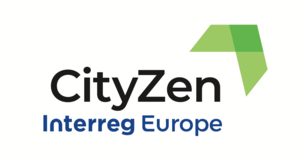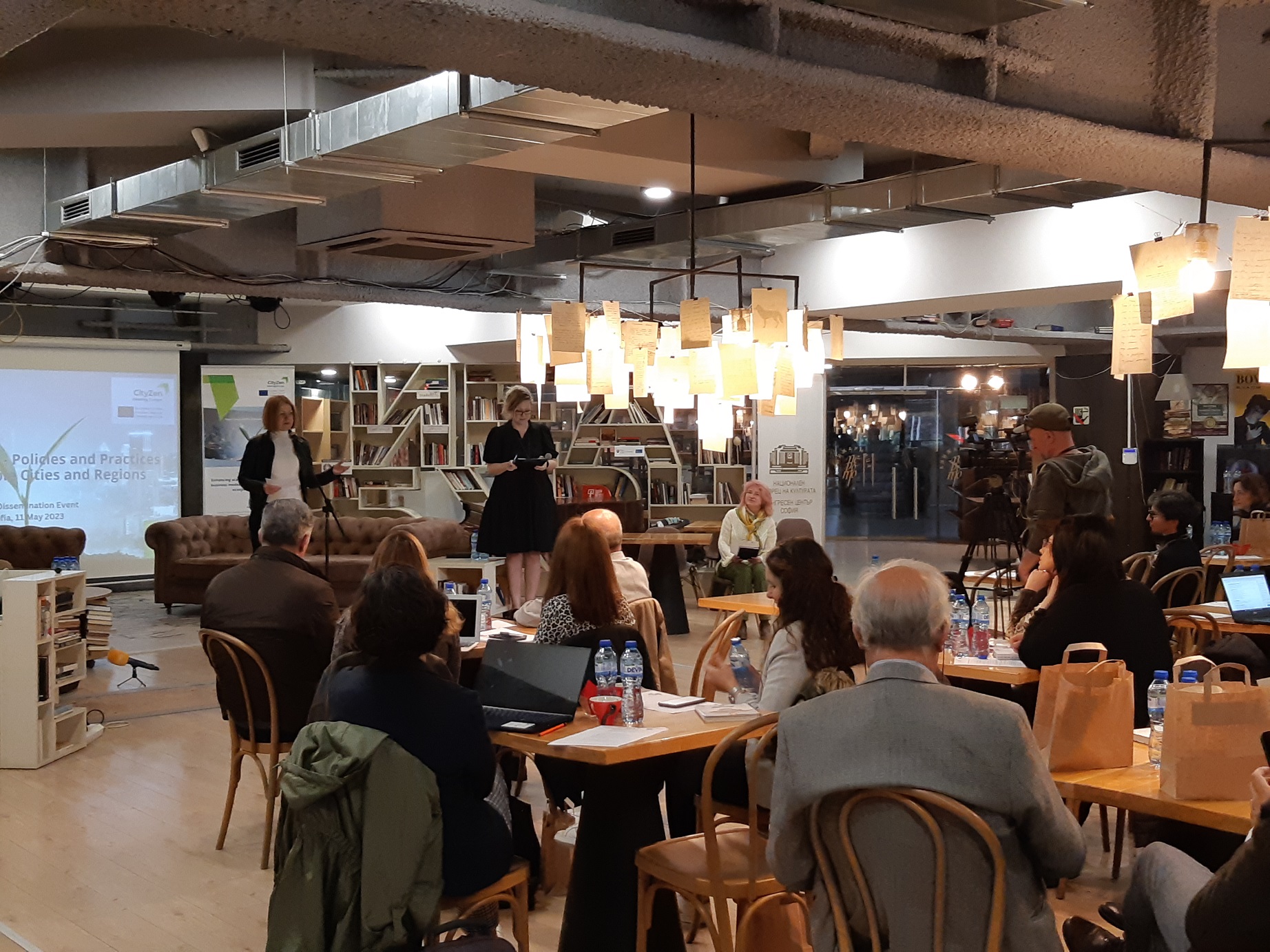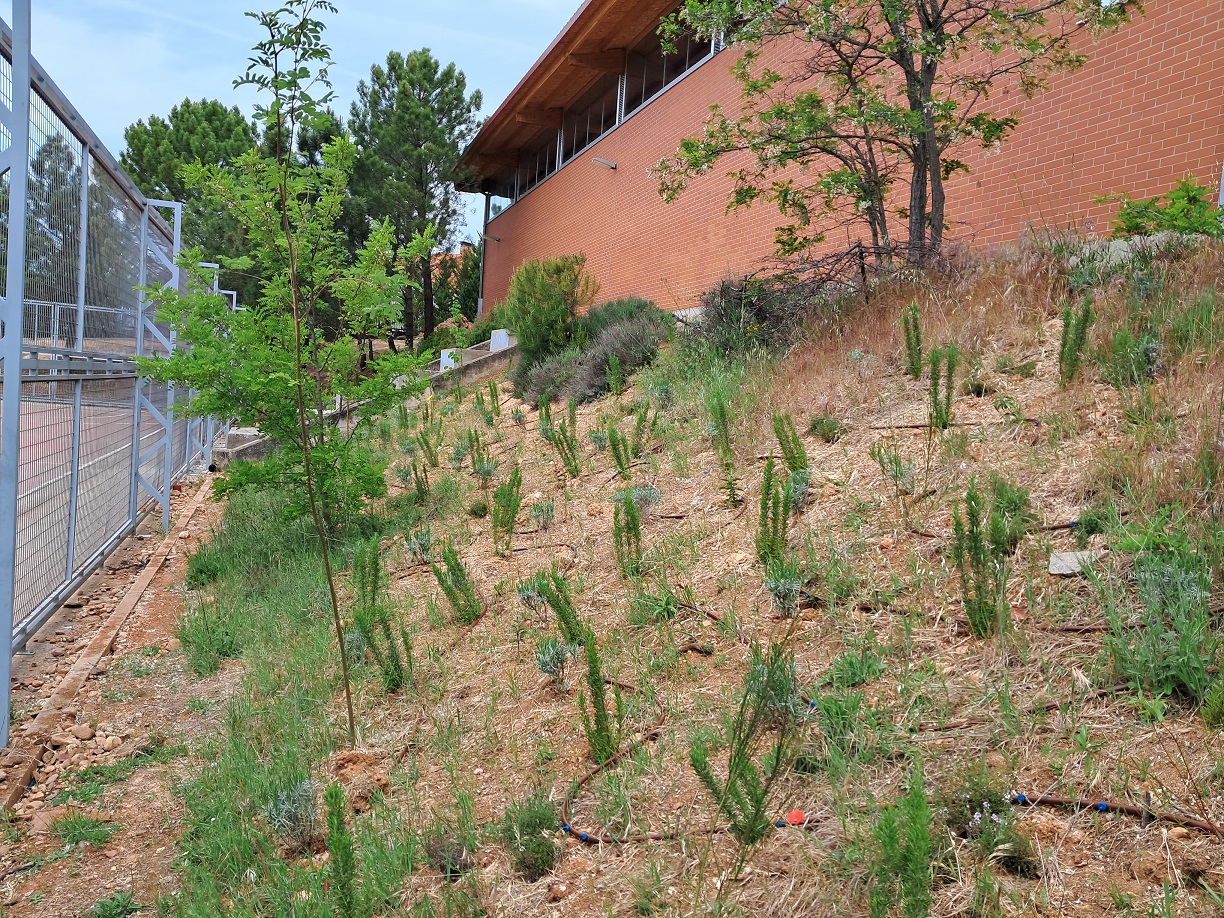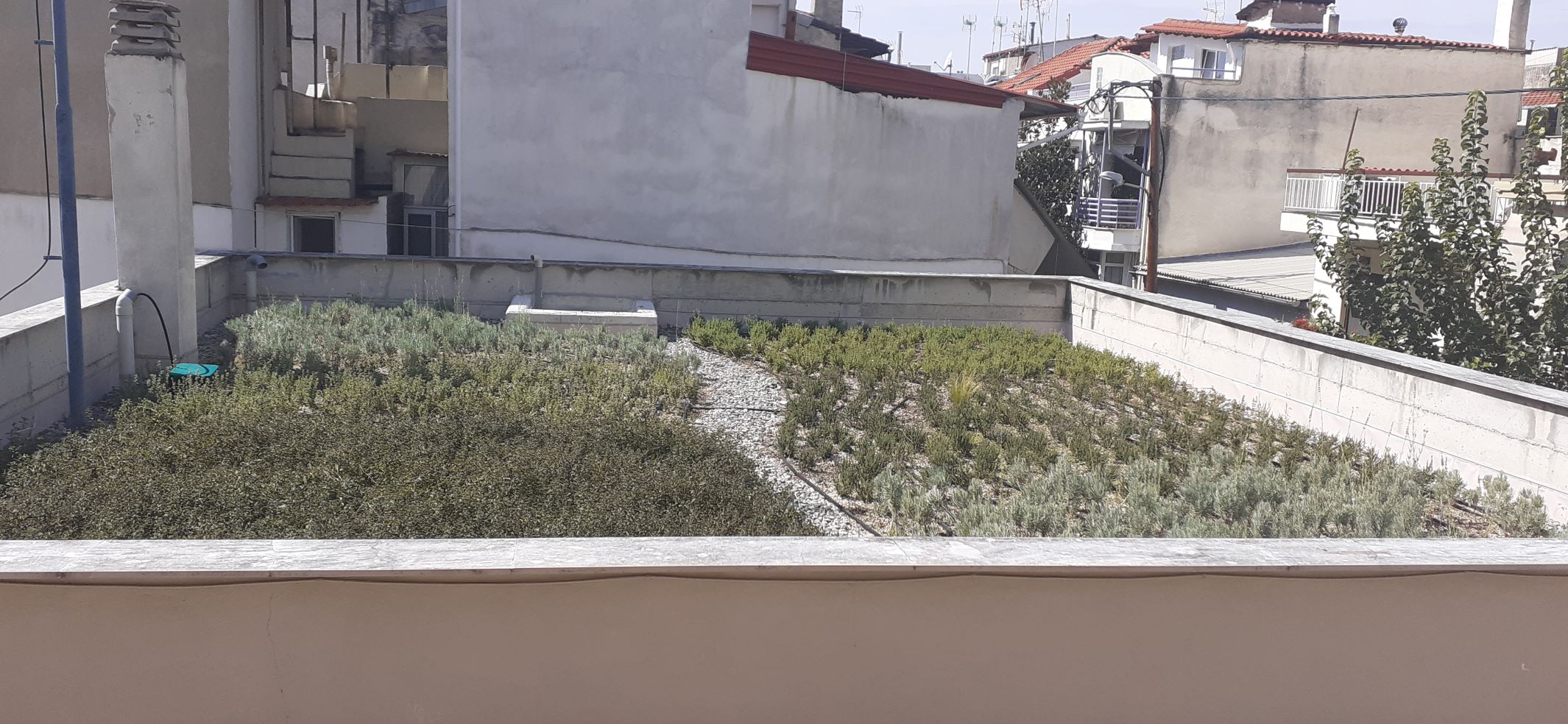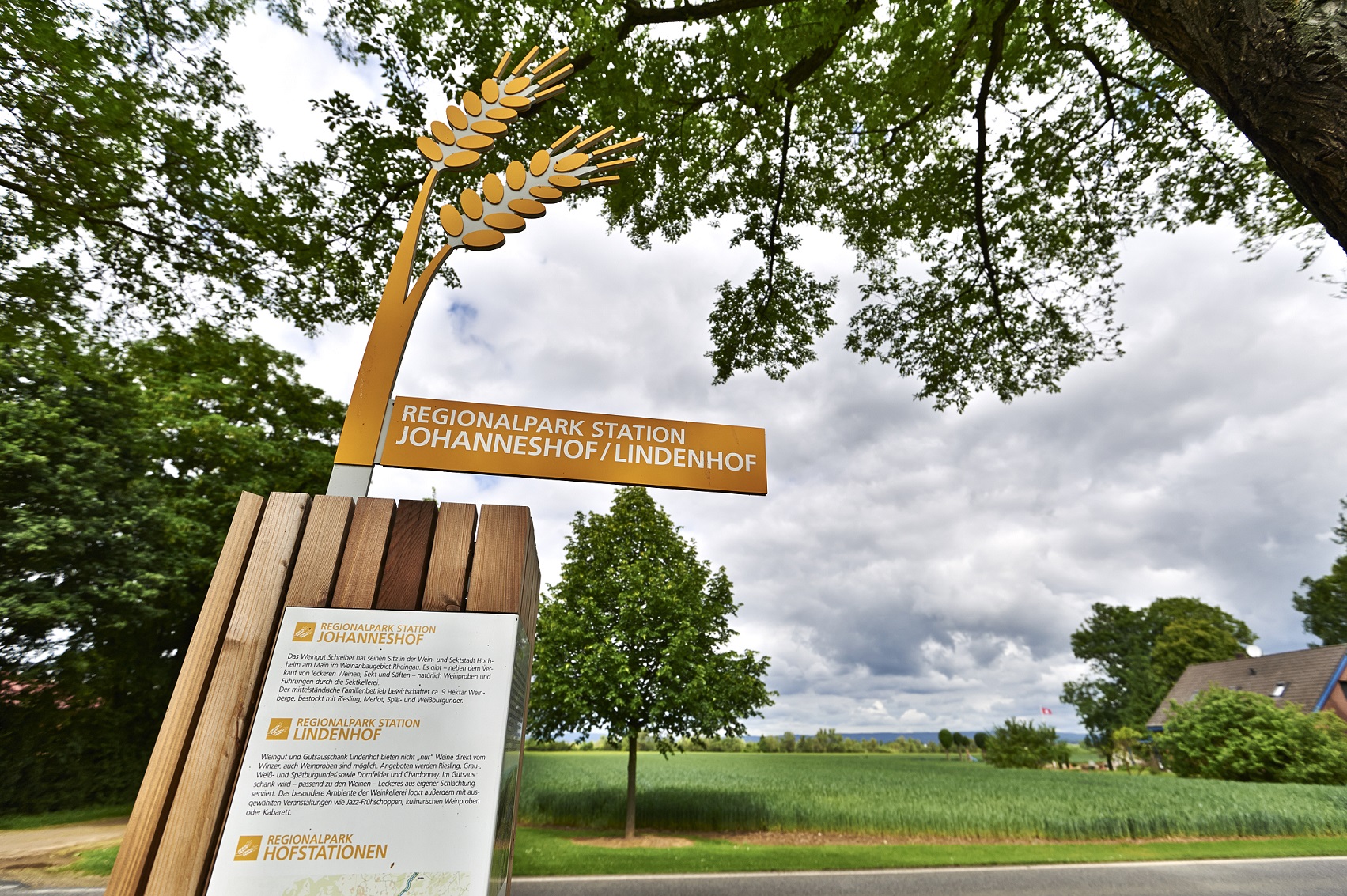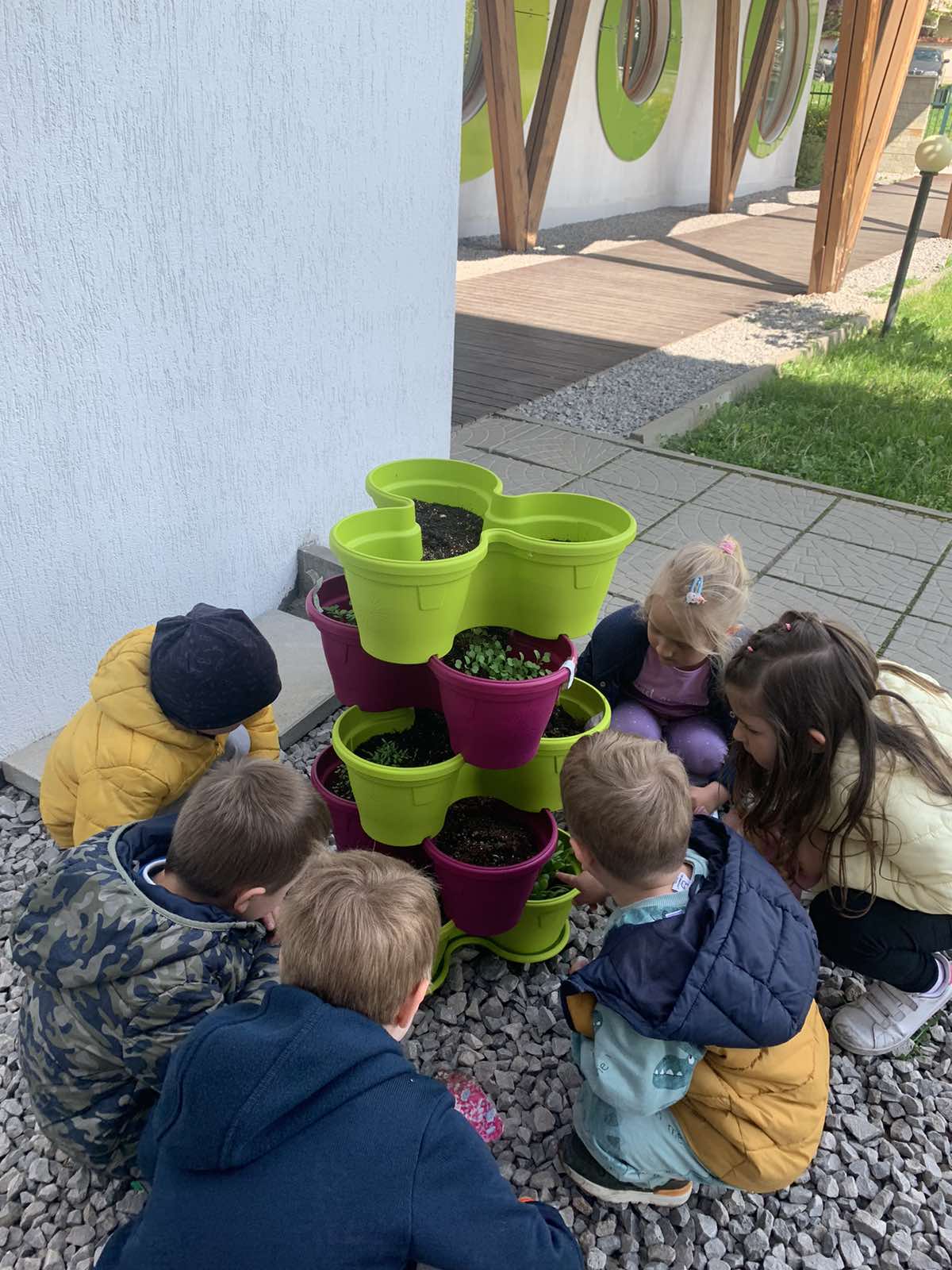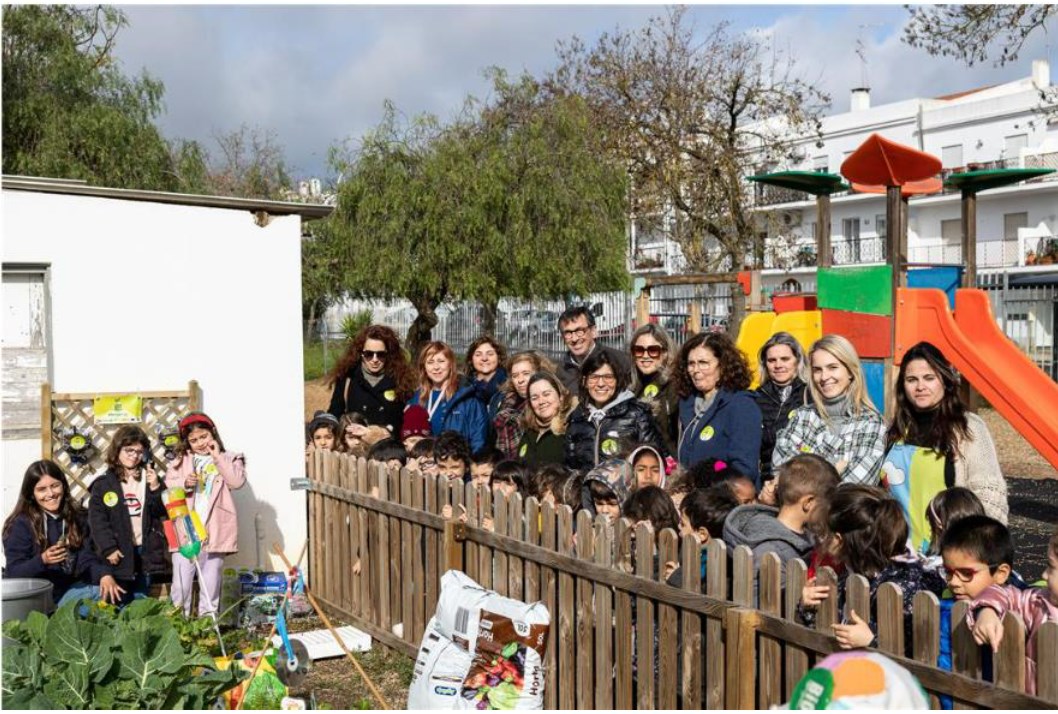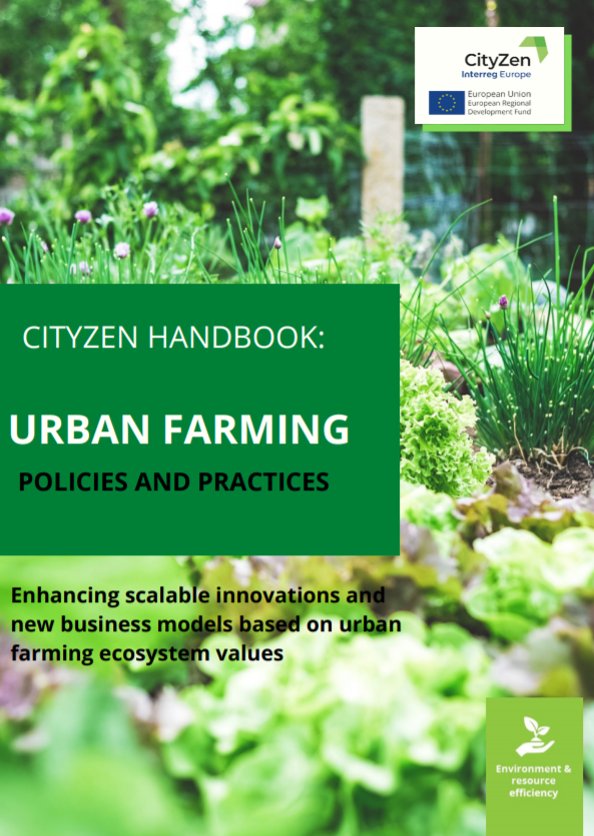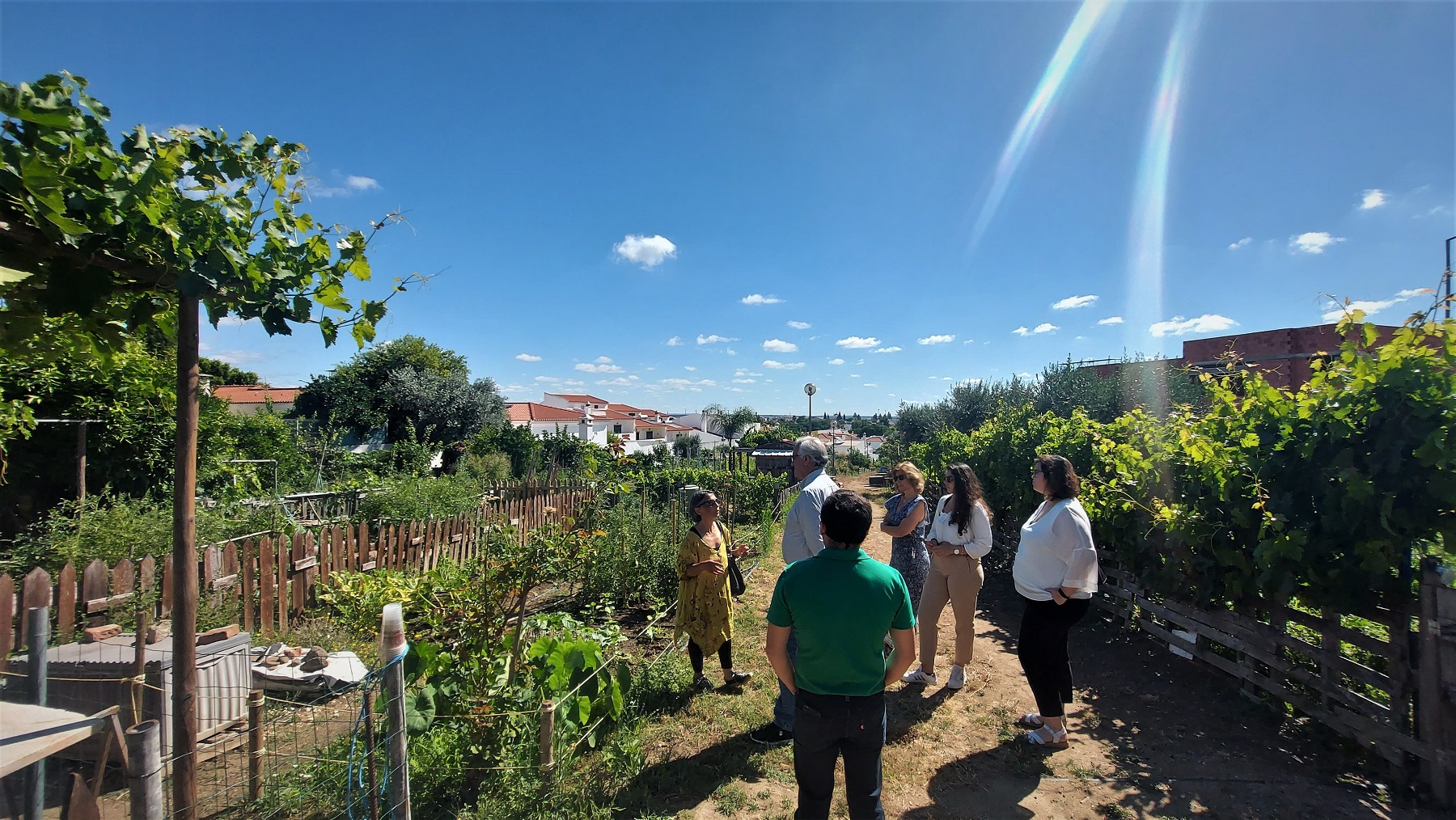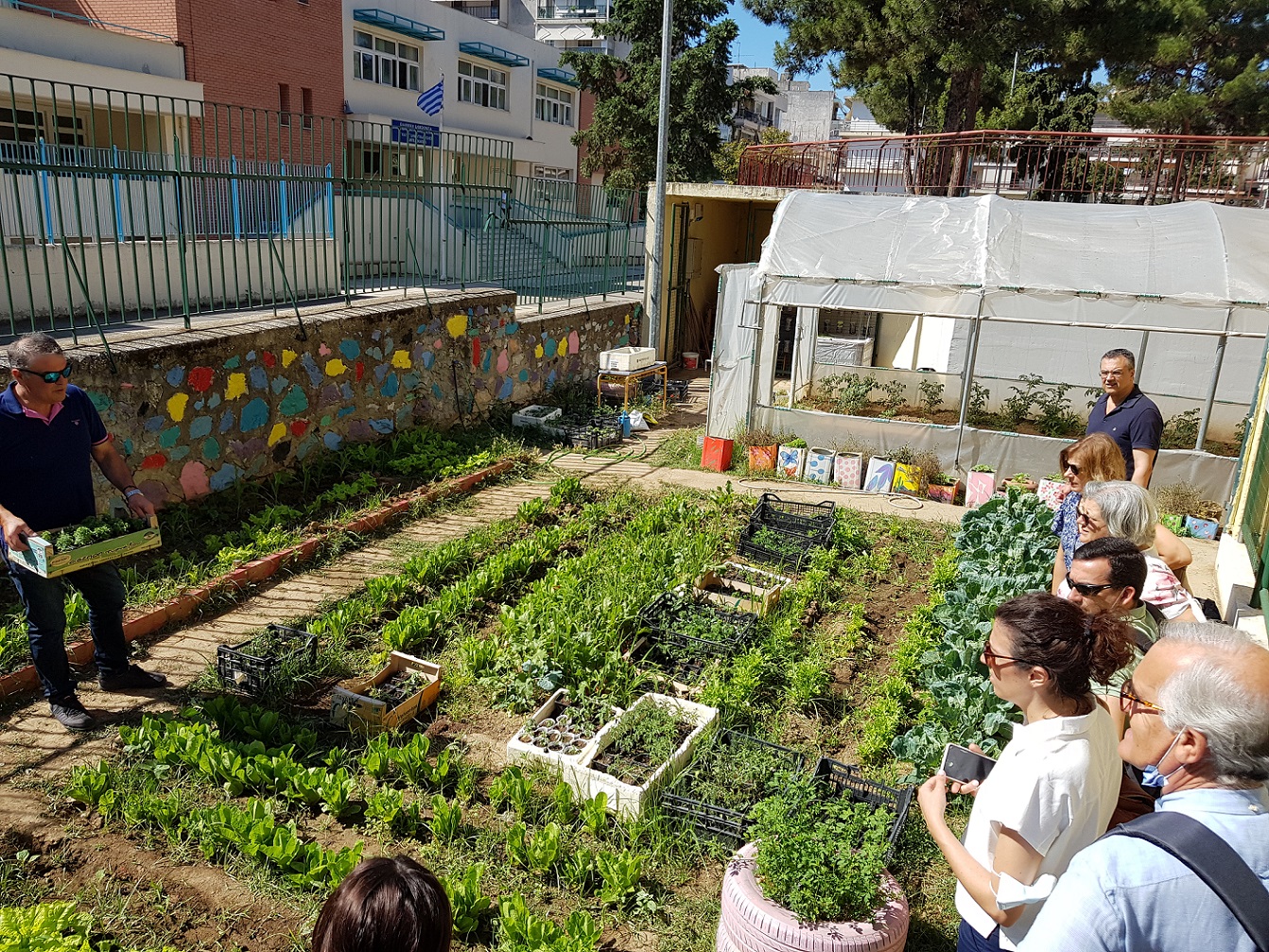A number of different initiatives closely linked to urban farming are developed to make food from local small or medium-scale producers available for the city and its surroundings. The idea is to promote the transformation of agro-ecological products, mostly from urban or peri-urban areas, reducing costs and favoring joint marketing. Some of these initiatives arise from municipal support, others from producer associations that opt for external public or private financing (foundations…) through calls.
The initiatives are part of food policies with an agro-ecological approach, whose objectives are: sustainable, local, fair and healthy food; articulate country and city; ecological agriculture and restoration of ecological cycles; preserving peri-urban agrarian soil for agro-ecological management; shortening distances between production and consumption and articulation between administration and social and economic actors, based on participation.
Community workshop and collection center in Valladolid (Vallaecolid)
On October 13th, 2015, the Milan Pact, a voluntary treaty to create sustainable food systems, was signed by a number of cities. In 2016, the Valladolid City Council joined the pact and began to develop the sustainable and healthy food strategy, ‘Alimenta Valladolid’. It has been developed with the participation of citizens and groups involved with the aim of creating local food networks in the city with agro-ecology and local and proximity production. Entities such as the Entretantos Foundation, the Valladolid University, the central food logistics market (Mercaolid) and a group of organic producers have been part of the working group.
In this sense, Valladolid is also one of the cities in Castilla y Léon region that has been integrated into the Network of Cities for Agro-ecology. In addition to the organic market that takes place periodically in the centre of Valladolid (1st action of the food strategy, co-financed by the European Agricultural Fund for Rural Development), the Association of producers was created. Manufactures and organic food stores in Vallaecolid joined collaborative networks to improve the resources of small and medium producers, optimize existing resources and spread sustainable and healthy eating. The association is working extensively to promote a community workshop for the transformation of organic products and a joint collection and distribution center for them.
Vallaecolid receives support from the private Daniel and Nina Carasso Foundation for the creation of the community workshop and the distribution and collection center of organic products. The two are located in the largest logistics center in Valladolid (Mercaolid) and are designed together to make it viable. These initiatives also have the support of the Valladolid City Council.
The idea is that local organic producers can have a space to store (collection center) and transform the products in an artisanal way (community workshop), using the same sanitary registry, reducing costs and marketing together. The community workshop is currently being built, with construction beginning in February. There will be three lines: bakery and pastry with and without gluten and a line of prepared food (canned vegetables, processed products ...), but no lines for animal foods.
The collection and distribution center has already started recently, located in the front part of the warehouse, with six product distribution lines: final consumer, ecological stores, consumer groups, restaurants, school canteens and distribution centers. The project shows that only with the help of the union of small and medium-sized local producers, the needs of the community can be satisfied - reaching final consumers, who would not have access otherwise.
